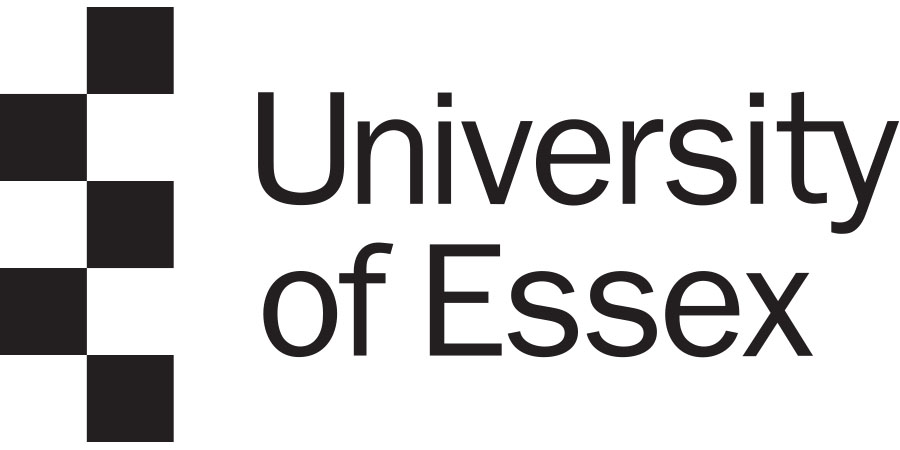PhD studentship: The Bigger Picture: Integrating Plankton Imaging Techniques to Explore Ecosystem Structure and Function
University of Essex
| Qualification Type: | PhD |
|---|---|
| Location: | Essex |
| Funding for: | UK Students, EU Students, International Students |
| Funding amount: | Full Award (stipend + fees) |
| Hours: | Full Time |
| Placed On: | 3rd November 2025 |
|---|---|
| Closes: | 7th January 2026 |
Qualification type: PhD
Location: Essex
Funding for: UK Students, EU Students, International Students
Funding amount: All UKRI-funded PhD students (UK, EU, International) will be eligible for the full award – both the stipend to support living costs, and fees at research organisations UK rate. UKRI funding will not cover international fees set by universities, but all ARIES partners have agreed to fund the top-up from UK to international fees. ARIES funding will not cover costs associated with visa or health surcharges, or additional costs associated with entry to, and living in the UK.
Hours: Full Time
Closes: 7 January 2026, 23:59 GMT
Application link: https://www.essex.ac.uk/postgraduate/research/doctoral-training-partnerships/aries
ARIES (Advanced Research and Innovation in the Environmental Sciences) is a Doctoral Landscape Award with the mission “to train postgraduate research students with excellent potential from across society, equipping them with the necessary skills to become 21st Century Scientists: leaders in the science and sustainable business of the natural environment.
Scientific background
Marine plankton communities are sensitive indicators of environmental change and play a vital role in energy flow and carbon cycling in the ocean. Understanding how these communities are structured, and the factors that influence their organisation, is essential for predicting changes in ecosystem function, fisheries productivity and the biological carbon pump. As imaging technologies become increasingly accessible alongside traditional net sampling, new opportunities are emerging to study plankton through the lens of size spectra. Size-based approaches link community structure to trophic dynamics, food web interactions, and carbon export processes.
This project will use size-based imaging technologies of marine plankton communities to improve understanding of ecosystem function, inform ecosystem-based management, and support global efforts to monitor ocean health and climate change impacts.
Research methodology
You will integrate multi-platform datasets from ship surveys and oceanic moorings, combining net-derived plankton data with image-based observations to investigate seasonal and interannual changes in plankton size structure in the Scotia Sea (Southern Ocean) and Western English Channel. You will explore how environmental drivers such as temperature, nutrient availability, sea ice, and mixed layer depth influence community size spectra, vertical particle flux and carbon export. This will be supported by sediment trap data and elemental analysis. A key aim is to assess how effectively imaging techniques capture or enhance the taxonomic resolution of traditional net sampling.
Training
You will gain skills in plankton taxonomy, image processing, ecological statistics, safe laboratory practices, oceanographic data handling, and field ecology. Laboratory work will include sample processing, microscopy, and benchtop imaging. Depending on your interests, additional avenues may include linking plankton size patterns to krill dynamics, carbon export or nutritional quality, or developing tools for rapid ecosystem monitoring using machine-learning approaches. Participation in fieldwork will be available, offering training in quantitative plankton sampling and seagoing skills.
Person specification
We seek an inquisitive and motivated candidate with a background in marine sciences, biological oceanography, ecology, or computer sciences. Strong analytical, numerical and practical skills are essential. Experience in coding or applying quantitative methods in a biological or ecological discipline is desirable, but full training will be provided.
Acceptable first degree subjects: Marine Science, Environmental Sciences, Natural Sciences or equivalent.
To apply, please click on the ‘Apply’ button above.
Advert information
Type / Role:
Subject Area(s):
Location(s):









